From an employer’s perspective, criminal record checks are an enticing proposition, especially when it comes to vetting new hires. But seeking criminal record information in every case can spell trouble.
Employers must always remember that their interest in vetting employees and job applicants must be balanced against those individuals’ privacy interests and human rights. A measured and informed approach is therefore essential when developing and implementing policies and practices relating to criminal record checks.
Privacy Considerations
In Alberta, private-sector collection, use, and disclosure of personal information (such as that contained in a criminal record check) is governed by the Personal Information Protection Act (PIPA).[1] PIPA requires that personal information be collected, used, and disclosed only for “reasonable purposes” and only to the minimum extent necessary to accomplish those purposes.
Factors relevant to determining whether a reasonable purpose exists for requiring a criminal record check can include:
- Whether the person works with seniors, children, or other vulnerable persons.
- Whether the person is responsible for handling cash or valuable property.
- The extent to which the person is subject to supervision.
- Whether the person works in a position of trust.
- The extent to which the person’s verifiable work history and/or references support the person’s good character.
- The nature of the organization’s business and the susceptibility of its reputation to charges of criminal wrongdoing.
Indiscriminately screening every new employee regardless of position to stave off the risk of theft probably does not constitute a “reasonable purpose”, especially if not all employees are in opportunistic positions. By contrast, a non-profit organization serving marginalized populations that was vulnerable to losing its funding was considered by an Alberta Adjudicator to have a “reasonable purpose” for mandatory criminal record checks (Order P2016-07 (Re)).
Even businesses that do have a reasonable purpose for mandatory record screening must be cautious about how much information they collect. Broadly speaking, there are three different types of searches that can be performed in Alberta, each representing varying degrees of intrusiveness:
1. The least intrusive option is commonly referred to as a Criminal Records Check. This search discloses non-pardoned indictable, dual procedure, and summary convictions as well as recent absolute and conditional discharges.
2. Police Information Checks are much more comprehensive and, depending on relevancy, can disclose everything returned by a Criminal Records Check plus any pending and outstanding charges, criminal or provincial statute convictions, current court and/or prohibition orders, outstanding warrants, police files/information reports, and “not criminally responsible” findings.
3. Police Vulnerable Sector Checks are the most invasive and are typically reserved for individuals who will be working in a position of trust with children, the elderly, or the disabled. These searches include all the information obtained from a Police Information Check plus information about certain pardoned violent or sexual offences. Vulnerable Sector Checks might also include non-conviction information, the extent of which varies by police department.
Since only the minimum amount of information necessary may be collected in any case, it may be difficult to justify more than a simple Criminal Records Check for most ordinary, private-sector employees.
If your organization thinks you have a reasonable purpose for requiring criminal record information, it is important to formalize your practices in a carefully drafted policy document. This was underscored by the Adjudicator in Order P2016-07 (Re), who focused heavily on the organization’s policies. In addition to specifying when criminal record checks will be required, policies should also set out guidelines for assessing the consequences for individuals who have criminal records, and procedures for ensuring confidentiality.
Note that under the Protection for Persons in Care Act, certain service providers are required to obtain a criminal record check for every successful job applicant, volunteer, and caregiver. Such providers include, but are not limited to, seniors’ homes, women’s shelters, homeless shelters, youth shelters, and other organizations who provide government-funded care or support services.
Human Rights Considerations
Besides privacy considerations, employers must also be careful not to violate human rights legislation. Human rights legislation prohibits discrimination in employment based on certain protected characteristics such as age, race, gender, etc. and restricts the extent to which employers can rely on criminal record information for employment purposes.
Unlike several other Canadian jurisdictions, the Alberta Human Rights Act does not prohibit discrimination based on criminal records. It does, however, prohibit discrimination on the basis of mental disabilities, which can sometimes be revealed by a criminal record check. Employers must therefore be extremely cautious when making decisions about an individual whose search results suggest may have a mental disability.
Federally regulated employers are subject to the Canadian Human Rights Act, which does prohibit discrimination on the basis of pardoned criminal offenses or suspended criminal records. Such employers must therefore be careful not to require or base any employment-related decisions on information pertaining to pardoned offenses or suspended records unless ignoring such information would cause the organization undue hardship.
Are you considering implementing criminal record checks for your employees or new hires? Do you currently require criminal records checks but are not sure if you’re exposing yourself to legal liability? We can help: contact us today for a free, no-obligation conversation.
[1] Federally regulated employers, such as banks, aviation companies, and transportation companies, are subject to the federally enacted Personal Information Protection and Electronic Documents Act (PIPEDA).
Check out the following resources for more information:
LawNow Magazine, 2017 42-2, 2017 CanLIIDocs 298
The John Howard Society of Alberta
The Canadian Civil Liberties Association


